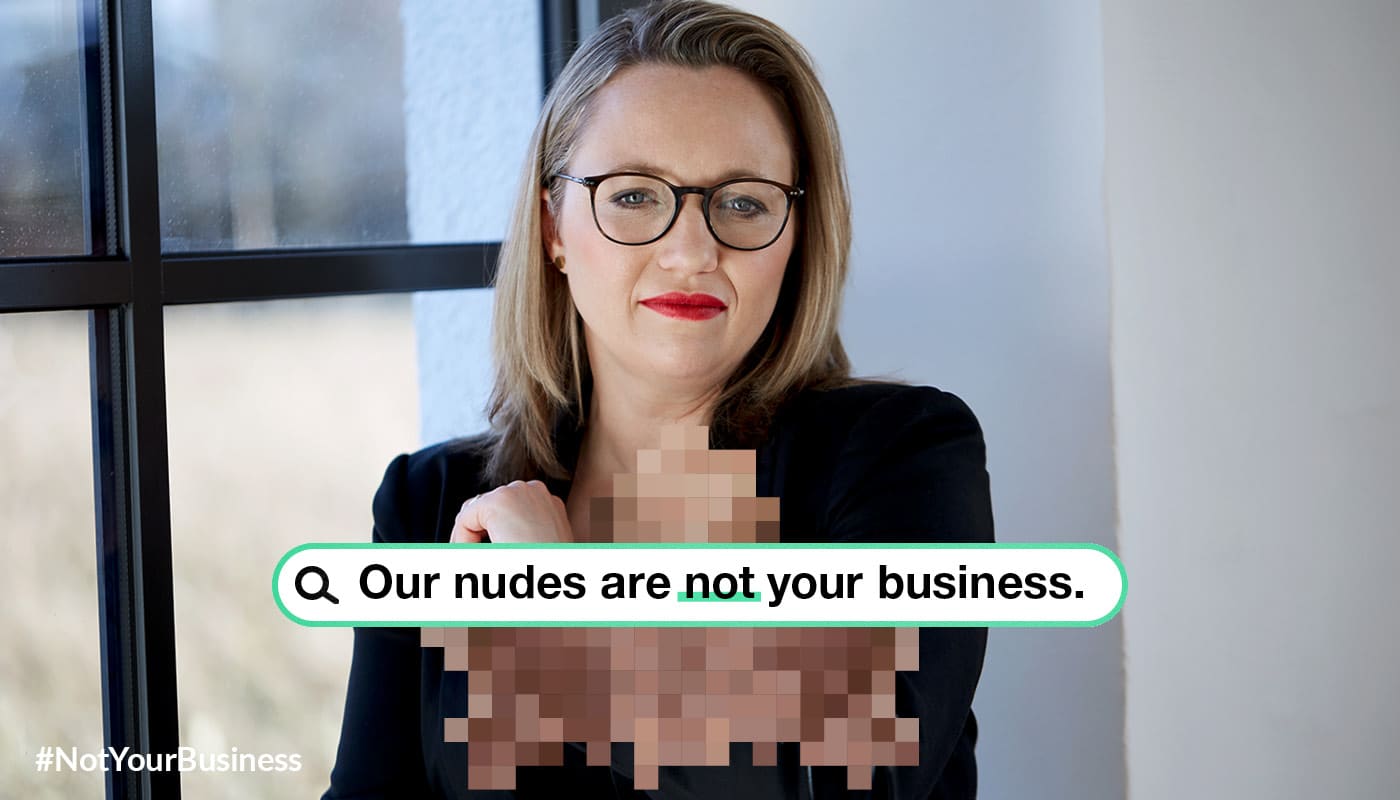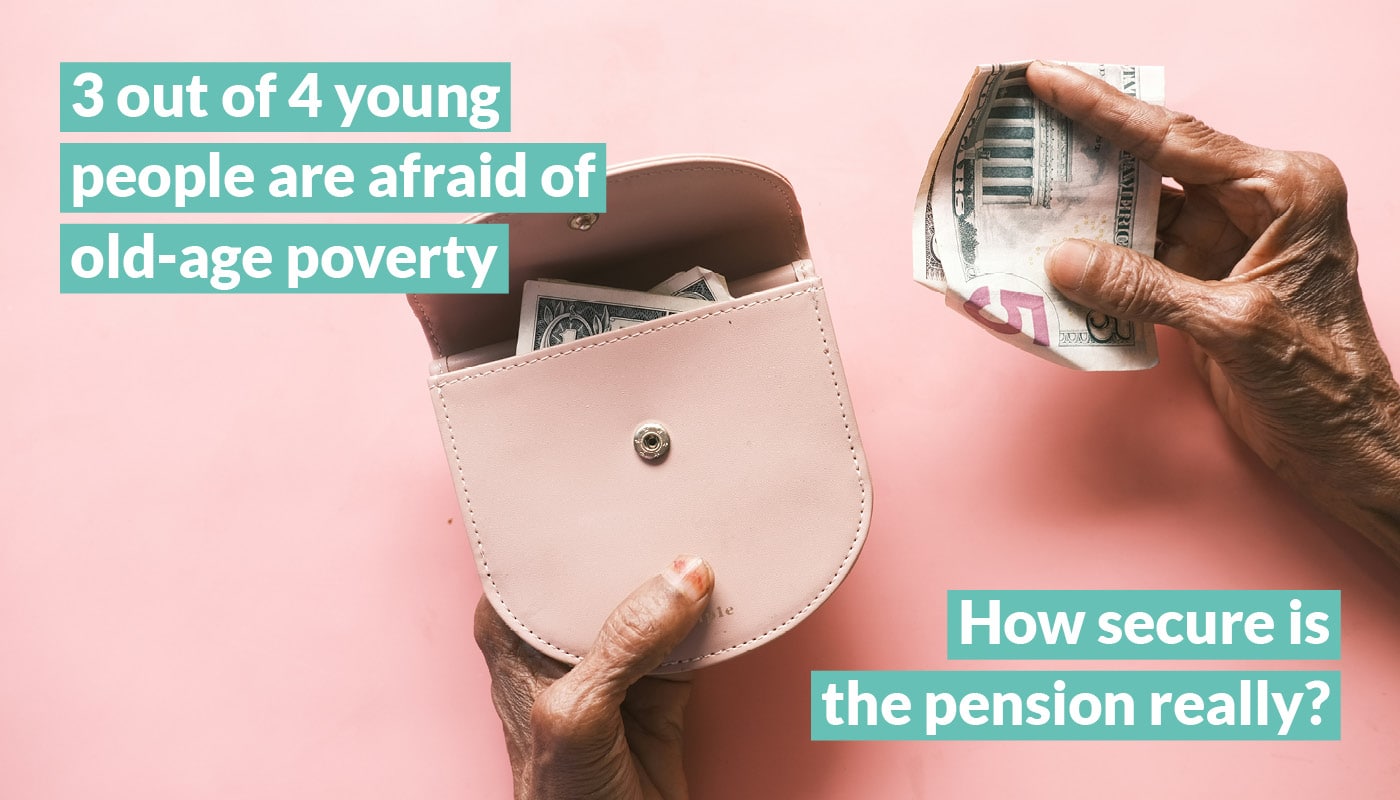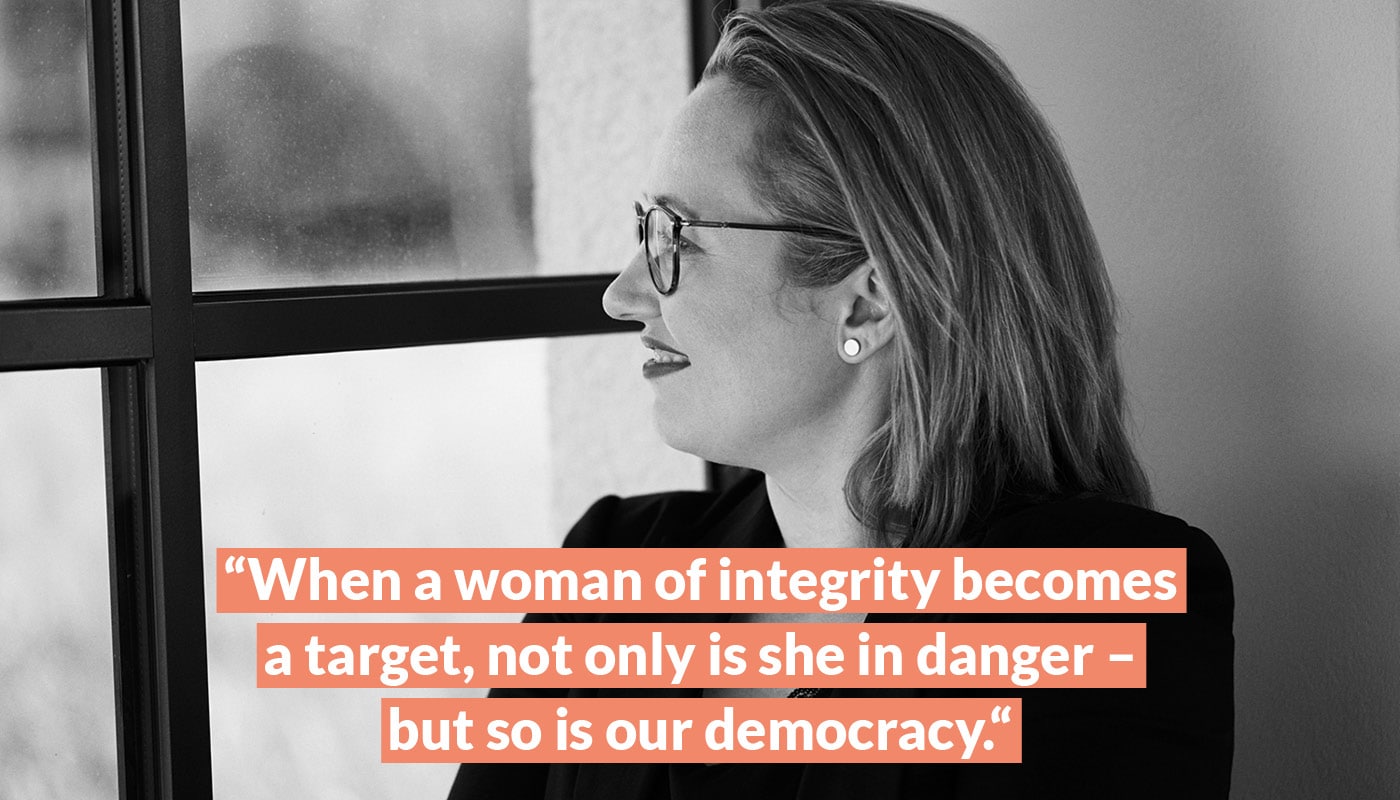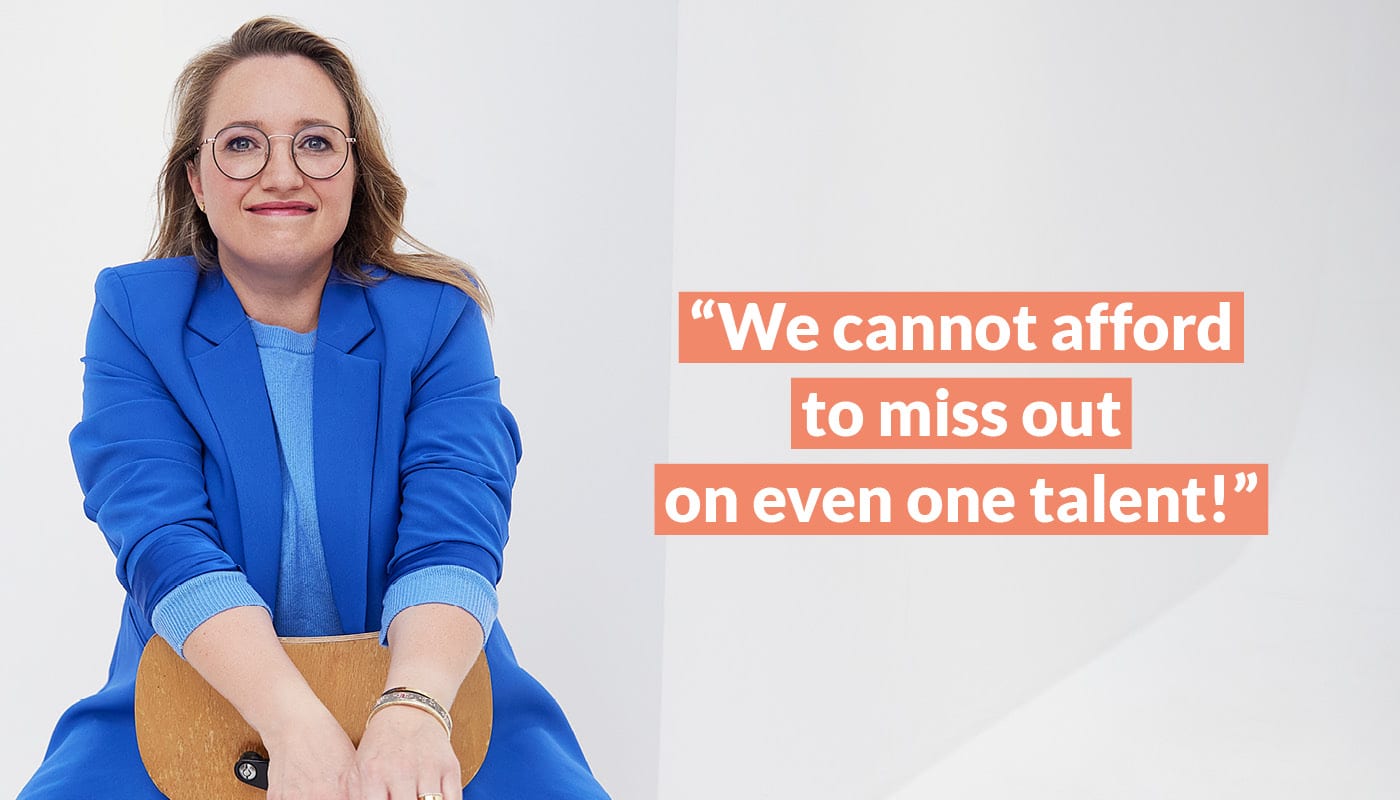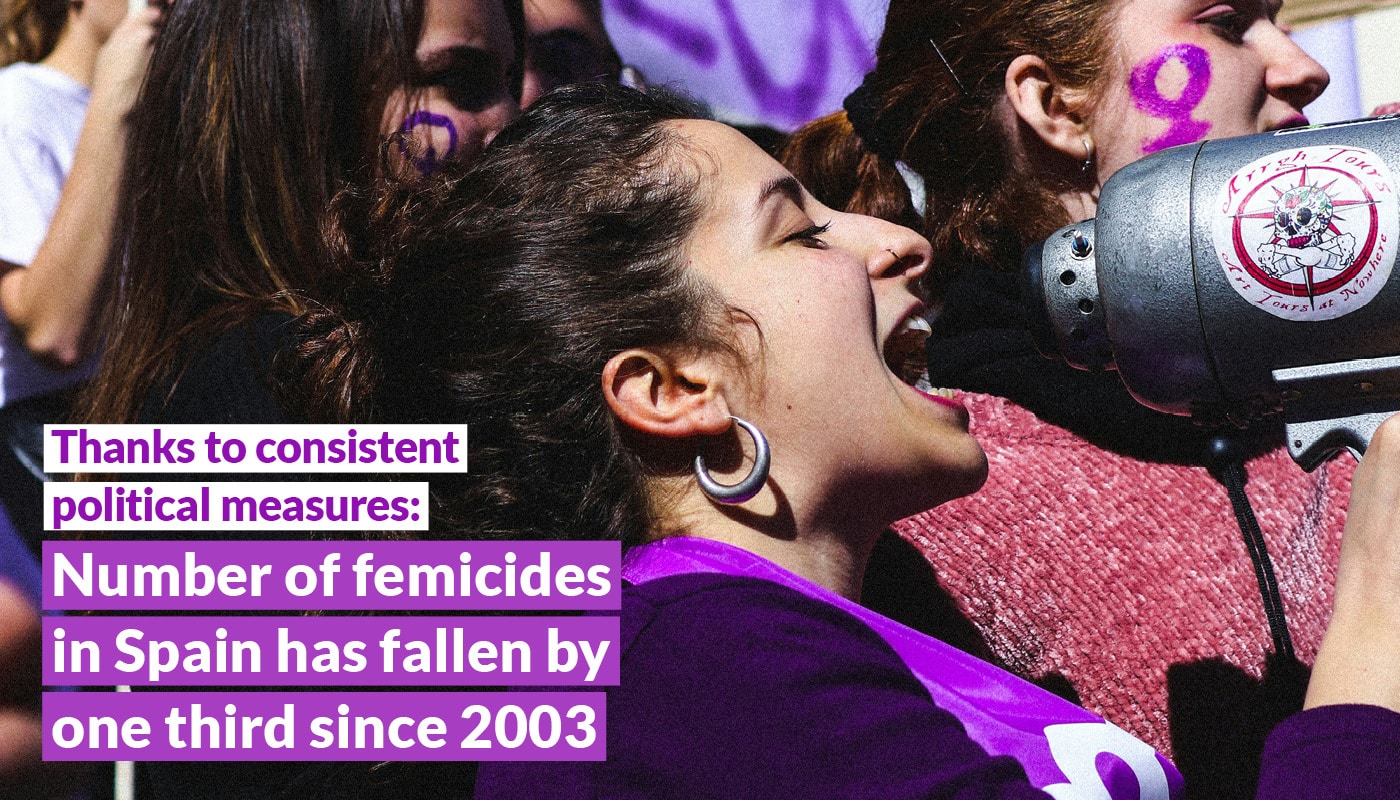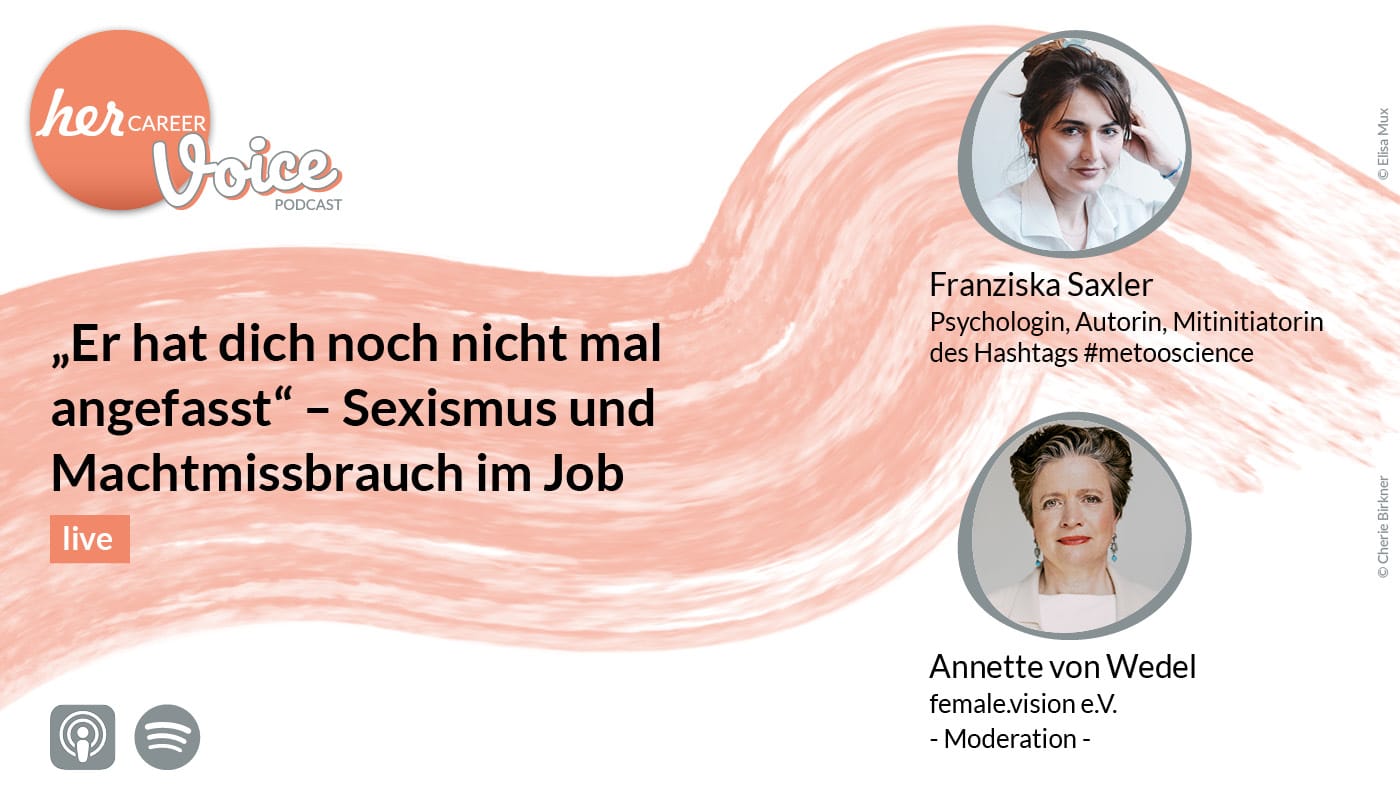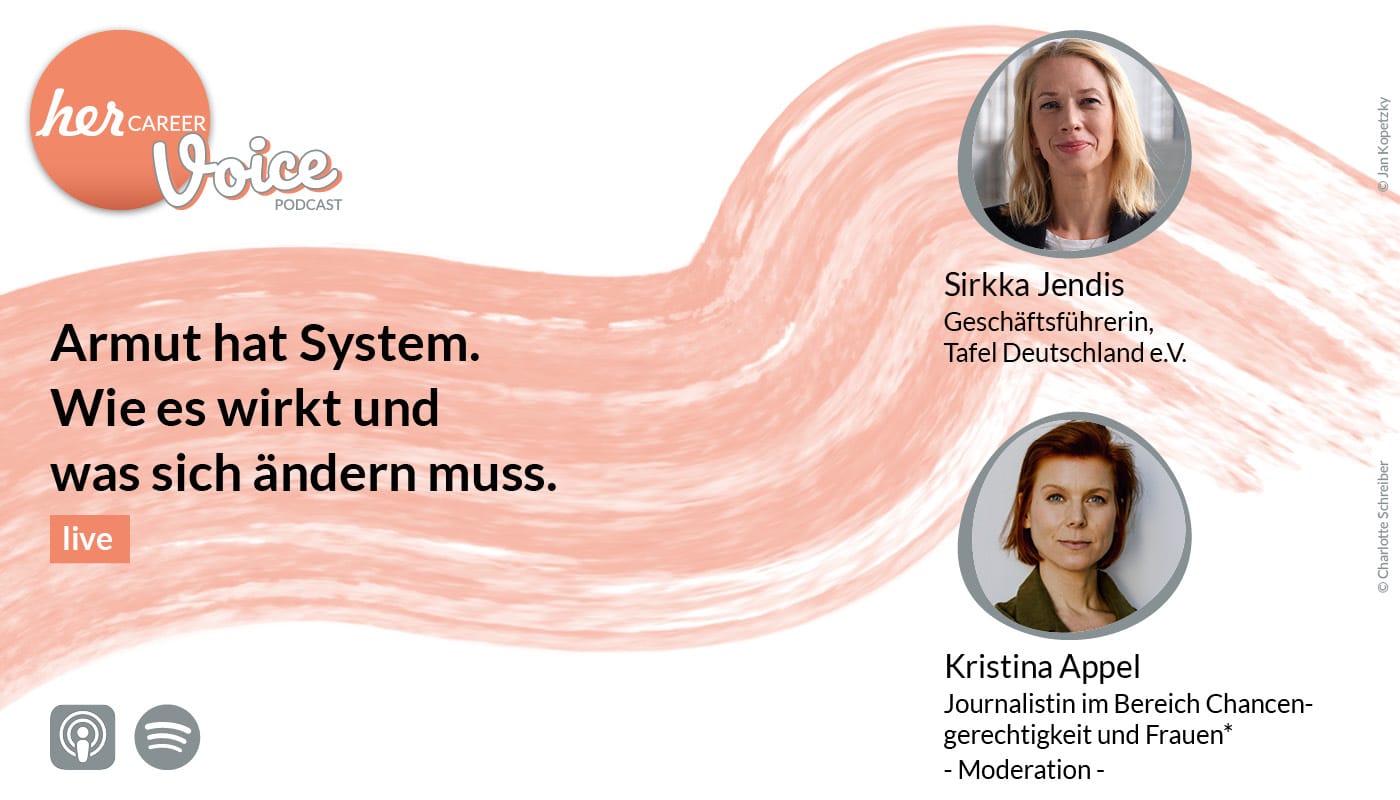“Women are still underrepresented in politics. Gender quotas are often discussed as a possible means to achieve parity,” writes the Social Science Research Center Berlin (WZB).
However, while discussions usually focus on the fairness of quotas, their actual impact on the perception of women in leadership positions is often neglected.
According to a study by WZB researcher Jessica Kim and her US colleague Kathleen M. Fallon from Stony Brook University, the introduction of gender quotas has a significant impact on public opinion about women in politics and increases the trust placed in them. The study was based on data from 87 countries regarding attitudes towards women in politics and a global dataset on gender quotas.
The key, according to the study’s conclusion, is visibility: “When more women are visible as politicians, the public perception of women’s roles changes.”
However, not all types of quotas have the same effect. The WZB notes: “The researchers distinguish between four different types of quotas, depending on whether they ensure high or low visibility. It is also crucial whether the quota mandates a certain number of female candidates or whether a certain number of seats are reserved exclusively for women (regardless of the candidates).”
Only “candidate quotas” (as opposed to reserved seats) have a significant and positive effect on public opinion – if they require at least 10% of female candidates and are strictly enforced.
The result: “Compared to states without gender quotas, the likelihood that respondents generally approve of women in politics is up to 38.6 percent higher with candidate quotas.”
Jessica Kim explains in an interview with the WZB: “Candidate quotas of 10 percent or more, which are really enforced, have the most positive impact on attitudes. (…) The function of the quota is to enable women to compete fairly with men for positions. If a seat is simply reserved for a woman, the question arises whether she obtained it unjustly. Therefore, we recommend candidate quotas instead of reserved seats in parliament. If a woman runs and is a bad candidate, she will ultimately not be elected.”
Quotas, the researcher argues, “give women the space to demonstrate their skills. This allows them to gain the confidence to say: I can do this, and I am a good politician or leader. Our findings are therefore applicable wherever women take on leadership roles in the public sphere.”

Posted by Natascha Hoffner, Founder & CEO of herCAREER, WiWo columnist, LinkedIn TOP Voice 2020, W&V 2019 – 100 Köpfe
published on LinkedIn on 12.06.2024


